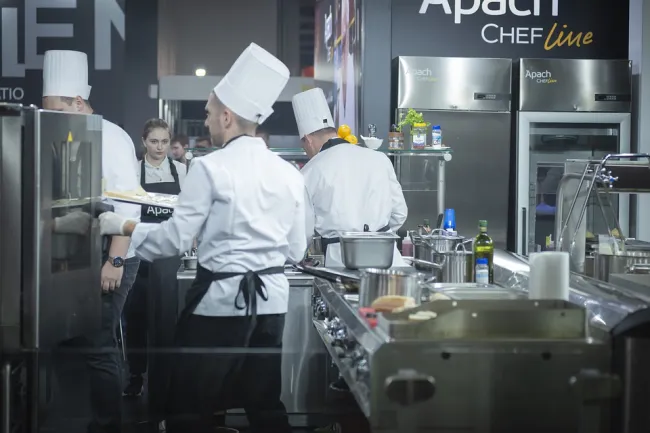This study, co-authored by Table member Dr Toni Meier, measures the nutritional value, environmental impacts and food waste associated with catering facilities in Hesse, Germany. The project examined company canteens, prison kitchens and a restaurant run by a vocational training institute.

Recipe optimisation using the susDISH tool decreased the overall environmental impacts of the canteen meals, which were measured in 15 indicator categories (including greenhouse gas emissions, water use and land use) that were then weighted using the eco-points method.
Food waste was measured using a tool from United Against Waste (UAW). UAW then provided waste reduction recommendations to each participating kitchen. The average waste reduction seen a year later was 16%.
Abstract
This article presents results from the project “Eating in Hesse – On the culinary path to sustainability”, in which the topics of a “resource-saving and balanced diet” and the “reduction of food waste” were linked. For this, the analysis and optimisation tool susDISH and the Waste analysis tool from United Against Waste for collecting food waste were combined. In cooperation with eight model companies for community catering, 411 recipes were evaluated according to their nutritional value and environmental impact over four to six-week periods. At the same time the food waste in the kitchens was collected. After the baseline survey and the implementation of measures, the follow-up found that the nutritional-physiological quality of 224 recipes was improved and the environmental impact of 112 recipes was reduced. Projected over a period of twelve months, the project achieved total savings of 281.5 tonnes of greenhouse gas emissions, 6 million litres of water and 29.2 hectares of agricultural land through recipe optimisation and waste avoidance. In parallel, the average food quality increased from 10.1 to 10.3 health points.
Reference
Knöbel, H., Grauwinkel, U., de Teran, T.D., Weber, K., von Borstel, T. and Meier, T., 2019. Sustainable nutrition in company and educational facilities as well as prisons. Ernahrungs Umschau 2020; 67(9): 166–73. e22–7.
Read the full paper here (PDF link) and view the supporting material here (PDF link). See also the Table explainer What is a healthy sustainable eating pattern?




Comments (0)